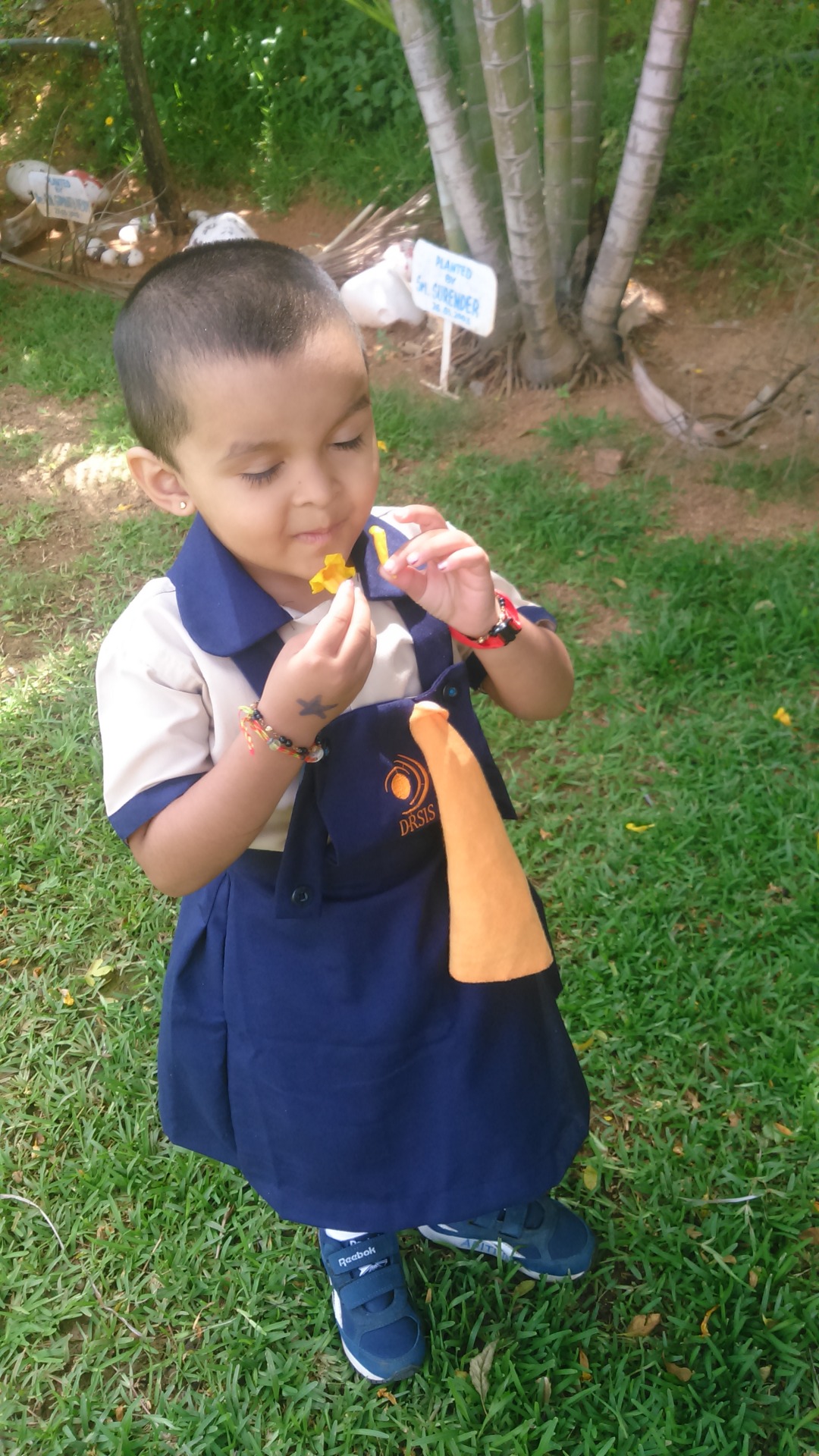Children are tiny bundles of big, raw emotions in their purest, most unassuming forms. There is so little that escapes them, so little that they do not notice or take to heart.
There are very few filters between them and reality.
The adult is one of them.
As adults, we mediate their interaction with reality. We censor, we select, we curate life for them, whether we consciously decide to do so or not. Mindfulness of this fact, of course, helps.
Some children, around 15 % of the general population, are born with highly wired nervous systems, and feel more deeply, being more sensitive to stimulation such as sounds, light, colour, space, as well as the emotions of other beings. Research in Psychology in the mid-90s by psychologists such as Elaine and Arthur Aron has led to the further study of this personality trait, termed ‘Sensory Processing Sensitivity’. Often children who feel deeply, often do not know how to cope with the strong emotions they feel, or what to do with them. They usually need more time than other children to process and respond to stimulation. Overwhelmed, they tend to either cry or act out aggressively. When these expressions are met with anything less then understanding and assurance, they develop ‘abnormal’ patterns of behaving such as risk avoidance, excessive aloofness or introversion, problems sleeping or tend to be viewed as ‘hyper-sensitive’ or worse, ‘too wound up’, or even just ‘fussy’. Adjectives and labels such as these only add to the often extremely vocal pressure to be ‘normal’ or ‘be like the other kids’. When internalized, this dangerously cripples the development of a strong identity and a healthy self-esteem and a sense of trust.

As an early years facilitator, it is becoming increasingly apparent to me that children with SPS often see the world more beautifully and vividly than everyone else. Take this anecdote from one of my students for instance:
“How does a plant look like?” (Facilitator)
“Beautiful it is, flower sits (!) on it…” (Student)
One of Aron’s most significant contributions to Highly Sensitive Persons (HSPs) all around the world is a counter-narrative to the years of being told to ‘take it easy’ or to not be stubborn- the possibility that SPS may be a gift, an evolutionary red herring that makes them better artists or poets or scientists or parents and definitely better human beings. This of course, is contingent to open and understanding socialization and child-care.
I love the IB Early Years Programme for their approach to young children as competent, complete beings in their own right, not just projects in the making.
Adult care-givers everywhere, whether they be parents or teachers, need to be more attuned into the worlds of children with SPS. With openness, understanding and a fluid, non-authoritarian approach, much irreparable damage can be warded off in the first place. Children with SPS do not need to develop thicker skins or indifference, they only need a listening ear and a warm, accepting hug from time to time. I love the IB Early Years Programme for their approach to young children as competent, complete beings in their own right, not just projects in the making. If their sensitivity is nurtured and given mediums of expressions, and not thwarted or judged, highly sensitive children have within them, the innate strength and resilience to create unexpected joy and beauty out of our complex and chaotic world.
-Ferzine